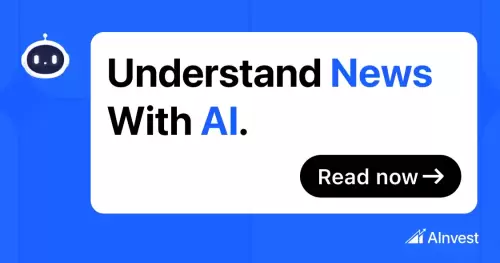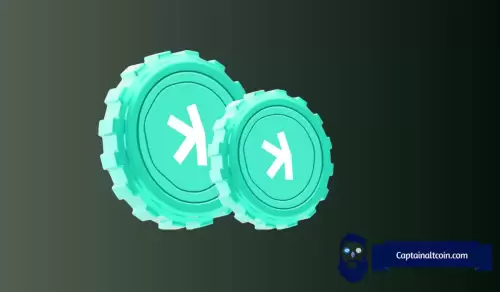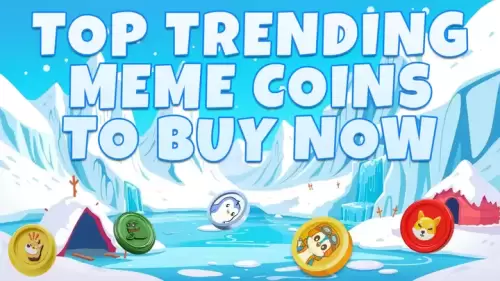 |
|
 |
|
 |
|
 |
|
 |
|
 |
|
 |
|
 |
|
 |
|
 |
|
 |
|
 |
|
 |
|
 |
|
 |
|
加密貨幣新聞文章
The Solana Foundation has revealed that a critical vulnerability affecting its Token-2022 standard was quietly patched in April, averting what could have been a catastrophic breach.
2025/05/05 16:36
A critical vulnerability affecting Solana’s Token-2022 standard was patched in April, according to a statement by the Solana Foundation.
The bug, which affected a specific feature in Solana’s Token-2022 framework known as “confidential transfers,” could have been exploited to mint an unlimited number of tokens or withdraw funds from any account without authorization.
This feature relies on zero-knowledge cryptography, specifically the ZK ElGamal proof system, to enable private transactions. However, a missing algebraic component in a hash used for cryptographic verification left the door open for manipulation.
With this flaw, a malicious actor could forge a valid cryptographic proof. Such a fake proof would grant them the ability to mint new tokens or drain existing accounts without detection.
The issue was first reported on April 16 and was fixed within two days. The fix was coordinated by core development teams from Anza, Jito, and Firedancer, with additional support from Asymmetric Research, Neodyme, and OtterSec.
No exploit was observed, and the bug was patched quickly. However, the revelation caused some market jitters.
After news of the vulnerability broke, the combined value of these tokens dropped by around 5%, settling at $16.1 million.
The Solana Foundation’s decision to keep the issue quiet drew mixed reactions. Some critics argued that the manner in which validators quickly came together to coordinate such a complex fix reflects an uncomfortable level of centralization within the network.
One community member questioned whether validators could use similar coordination to carry out or cover up harmful actions in the future.
However, others defended the approach, adding that silent patches are a standard best practice when dealing with zero-day bugs. Industry veterans, including developers from Bitcoin and Polygon, said these behind-the-scenes efforts prevent real-time exploits while teams work on a secure fix.
Hudson James, a VP at Ethereum layer-2 network developer Polygon Labs, said: “This is totally fine. Bitcoin, Zcash, and Ethereum have all had instances where the core devs needed to privately plan a secret bug fix. A good chain culture means having mature devs who can accomplish stealth fixes.”
Anatoly Yakovenko, co-founder of Solana, also noted that validator coordination is not unique to his blockchain network. He compared the process to similar consensus-building mechanisms on Ethereum, which would usually involve validators like Lido, Binance, Coinbase, and Kraken.
免責聲明:info@kdj.com
所提供的資訊並非交易建議。 kDJ.com對任何基於本文提供的資訊進行的投資不承擔任何責任。加密貨幣波動性較大,建議您充分研究後謹慎投資!
如果您認為本網站使用的內容侵犯了您的版權,請立即聯絡我們(info@kdj.com),我們將及時刪除。
-

-

- IOTA,雲採礦和環保的加密貨幣:紐約投資者的拍攝
- 2025-08-06 09:18:27
- 在加密貨幣世界中探索IOTA,雲採礦和環保實踐的交集。發現像IOTA礦工這樣的平台如何塑造數字資產投資的未來。
-

- Kaspa(KAS)價格預測:8月6日 - 它會破裂嗎?
- 2025-08-06 09:00:00
- 分析Kaspa在8月6日的價格運動,檢查了主要的支持和抵抗水平,並探索了潛在的看漲和看跌方案。
-

-

- PI網絡,持有人和市場動盪:導航加密風暴
- 2025-08-06 08:03:20
- 在市場波動中分析PI網絡持有人的彈性以及對加密空間的更廣泛含義。
-

-

- 超流動性API故障:退款和警告性故事
- 2025-08-06 08:00:15
- Hyperliquid最近的API問題引發了辯論:退還用戶的“基本禮節”或“超越”?另外,仔細觀察炒作的恢復和揮之不去的謹慎。
-

-

- Dogecoin Price Outlook 2025:吠叫正確的樹?
- 2025-08-06 08:00:00
- Dogecoin是否將到2025年捲土重來?分析專家預測和市場趨勢,以預測Doge的潛在復興。






























































